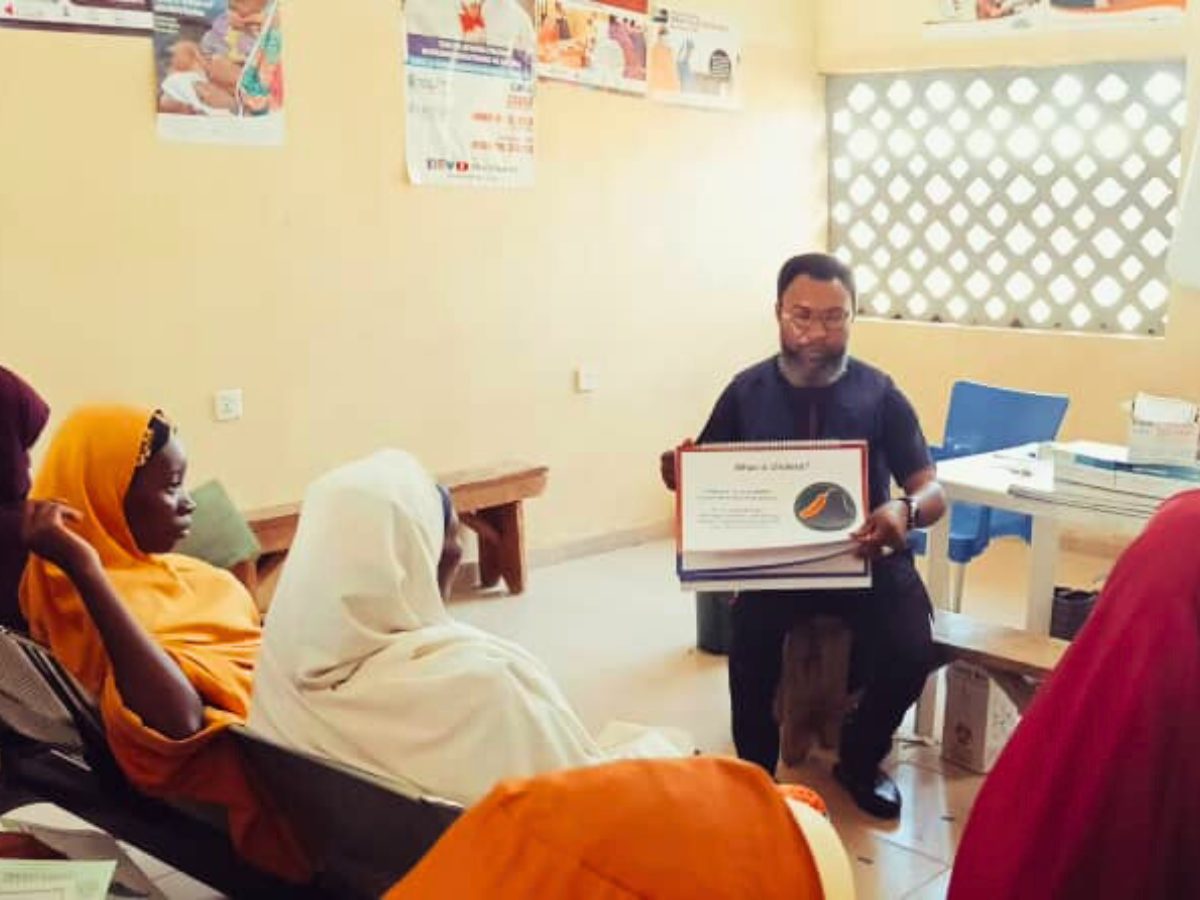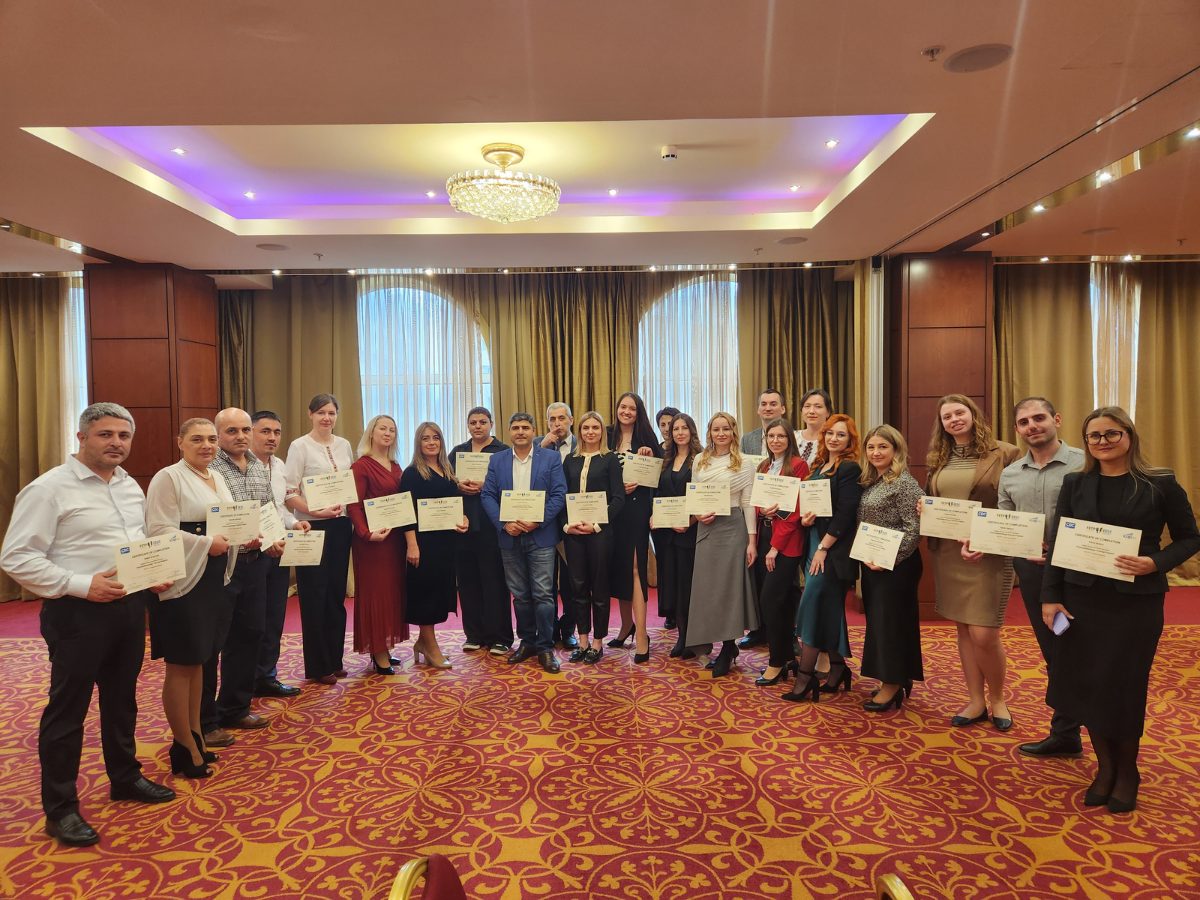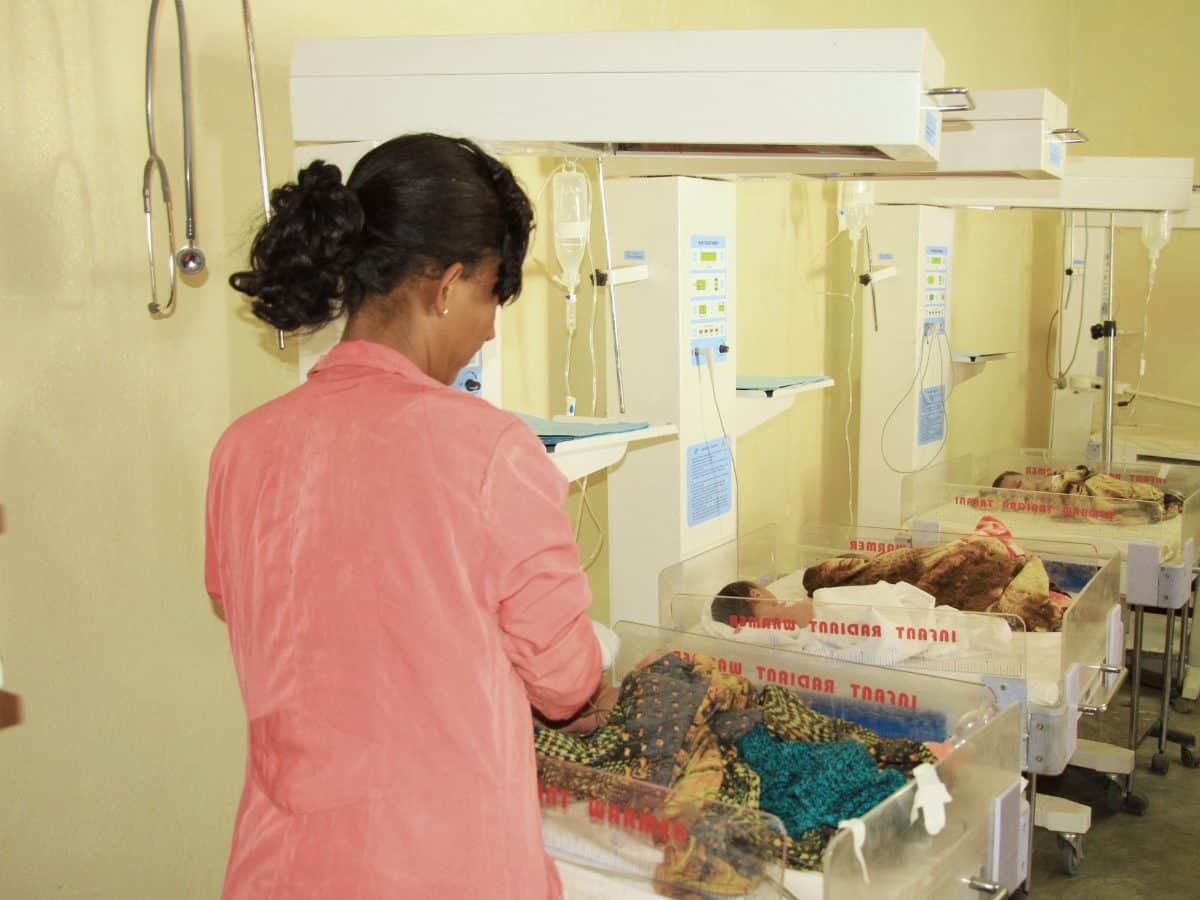In Zambia, there are 78 health care workers per 100,000 people, well below the 230 recommended by the World Health Organization. A primary obstacle to achieving health care staffing targets in the country is the low production of sufficiently-skilled students graduating from Zambia’s nursing and midwifery schools. Nurses form the backbone of Zambia’s health workforce, and yet they, have historically had to spend six years completing two separate, expensive programs to become fully accredited nurse-midwives.
This month, 110 students will graduate from the new Registered Nurse-Midwife programs at Lusaka and Monze schools of nursing and midwifery, becoming the first registered nurse-midwives to complete qualifications for both degrees in three-and-a-half years, nearly half the time traditionally required.
The Registered Nurse-Midwife program was developed by ICAP through the Nursing Education Partnership Initiative (NEPI), in collaboration with the Ministry of Health and the General Nursing Council of Zambia, with support from PEPFARthrough HRSA. The program is designed to prepare well-rounded nurse-midwives with the knowledge and skills to provide high-quality care in settings where they may be the most qualified medical provider on staff.
“The expectation from the beginning for the program was to produce nurses who have both nursing and midwifery skills,” said Evelyn Muleya, chief human resources officer at the Ministry of Health in Zambia. “Most nurses working at our health facilities and the rural areas might be the only health worker at the facility and whether they have midwifery skills or not, they will have to do deliveries.”
To produce a streamlined curriculum for the new program, ICAP and partners drew from the existing general nursing and midwifery curricula, condensing the material to 35 courses that cover all the necessary competencies—including modules on HIV skills and the provision of culturally-competent services to key populations.
“When we looked at both programs, we actually found a lot of duplication,” explains Theresa Sikateyo, country director and program manager at ICAP in Zambia. “Ultimately, we have been able to strengthen the program and also make the path to accreditation easier.”
In addition to supporting the new curriculum’s development, ICAP trained clinical faculty at Lusaka and Monze schools of nursing and midwifery and provided both institutions with medical supplies, equipment, and vehicles to transport students. ICAP has also provided more than 160 students with tuition, helping to double enrollment at both schools.
The Registered Nurse-Midwife program, which is sixty-percent hands-on, marks a major step in the effort to build a larger nurse-midwifery workforce in Zambia.
“We hope that this program can be extended everywhere,” said Dr. Welani Chilengwe, director of clinical care and diagnostic services. “Can you imagine? If we can reduce the training time by more than half, then there will be more people to deliver health services.”







